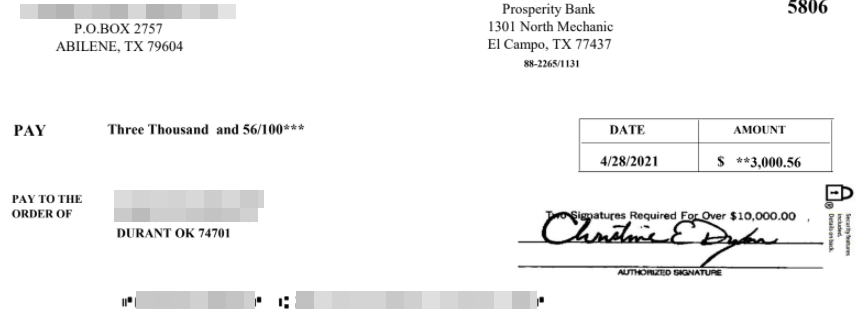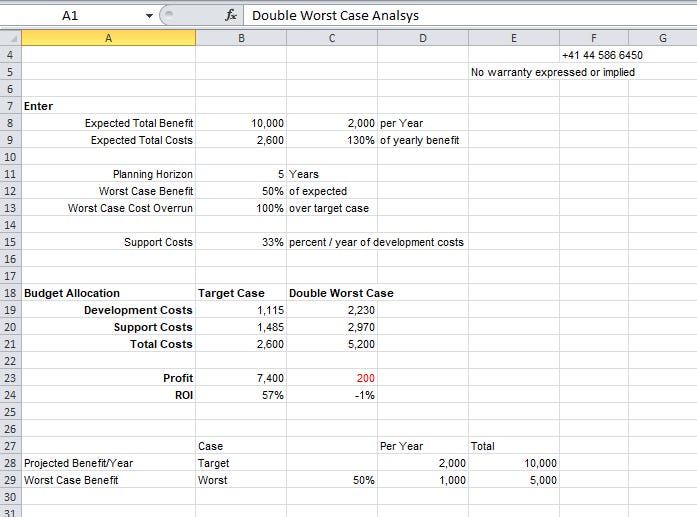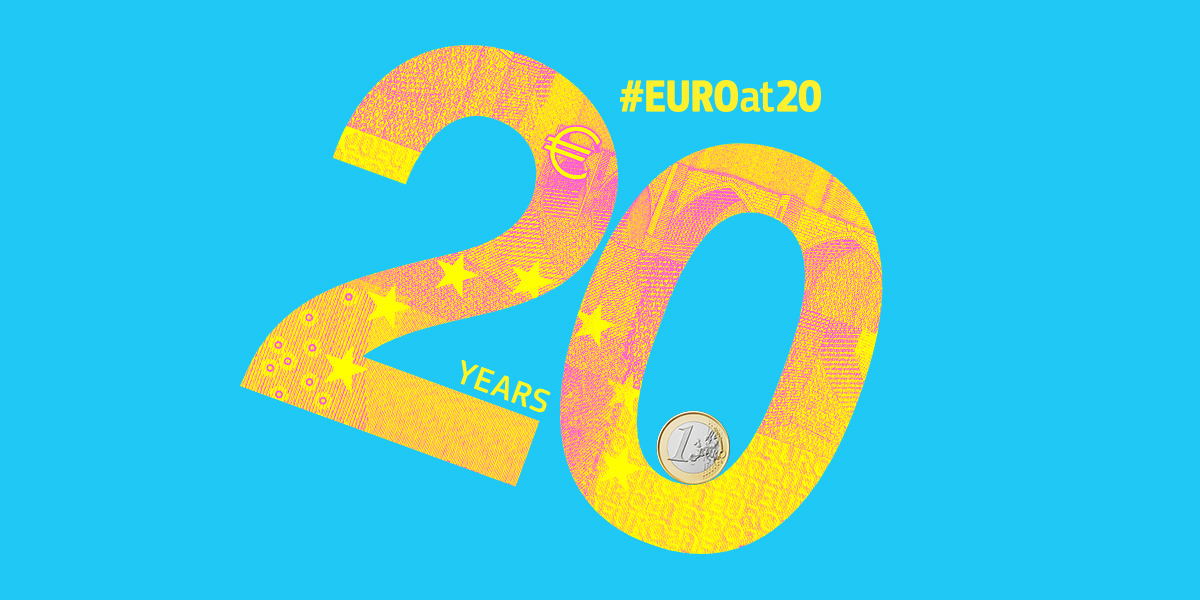![The MMR vaccine and autism: Sensation, refutation, retraction, and fraud In 1998, Andrew Wakefield and 12 of his colleagues[1] published a case series in the Lancet, which suggested that the measles, mumps, and rubella (MMR](https://www.ncbi.nlm.nih.gov/corehtml/pmc/pmcgifs/pmc-logo-share.png?_=0)
The MMR vaccine and autism: Sensation, refutation, retraction, and fraud
In 1998, Andrew Wakefield and 12 of his colleagues[1] published a case series in the Lancet, which suggested that the measles, mumps, and rubella (MMR) vaccine may predispose to behavioral regression and pervasive developmental disorder in children. Despite the small sample size (n=12), the uncontrolled design, and the speculative nature of the conclusions, the paper received wide publicity, and MMR vaccination rates began to drop because parents were concerned about the risk of autism after vaccination.[2]
Almost immediately afterward, epidemiological studies were conducted and published, refuting the posited link between MMR vaccination and autism.[3,4] The logic that the MMR vaccine may trigger autism was also questioned because a temporal link between the two is almost predestined: both events, by design (MMR vaccine) or definition (autism), occur in early childhood.
The next episode in the saga was a short retraction of the interpretation of the original data by 10 of the 12 co-authors of the paper. According to the retraction, “no causal link was established between MMR vaccine and autism as the data were insufficient”.[5] This was accompanied by an admission by the Lancet that Wakefield et al.[1] had failed to disclose financial interests (e.g., Wakefield had been funded by lawyers who had been engaged by parents in lawsuits against vaccine-producing companies). However, the Lancet exonerated Wakefield and his colleagues from charges of ethical violations and scientific misconduct.[6]
























